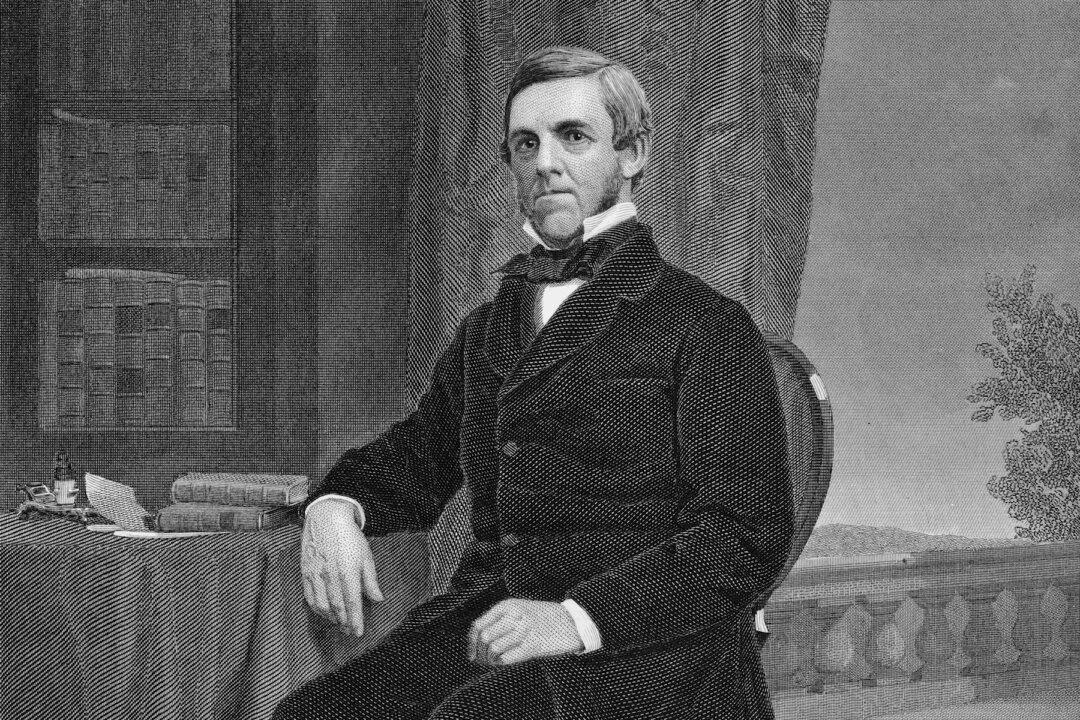The word “conversation” is on a lot of lips today. In many cases, though—as when one is invited to “have a conversation” about some facet of identity politics—the underlying meaning is more along the lines of, “Listen, and then accept our radical narrative without question.”
Far from representing an exchange of ideas, such doublespeak has contributed to communication breakdown.





